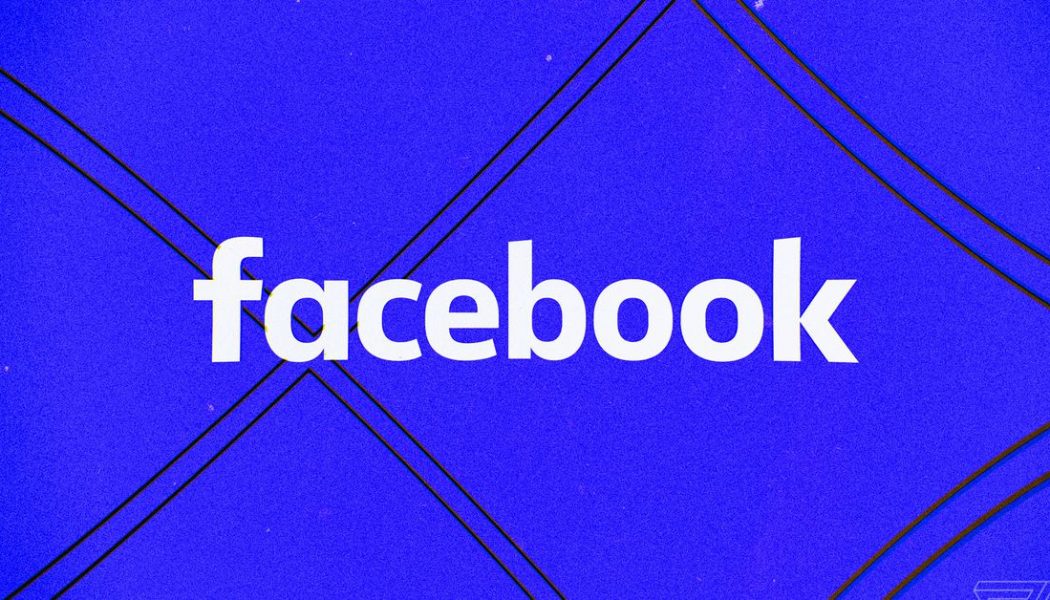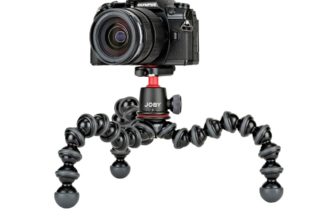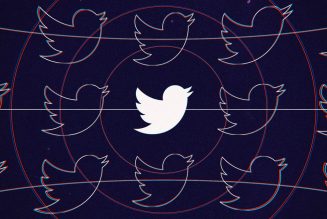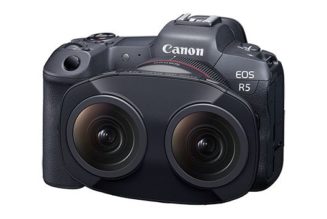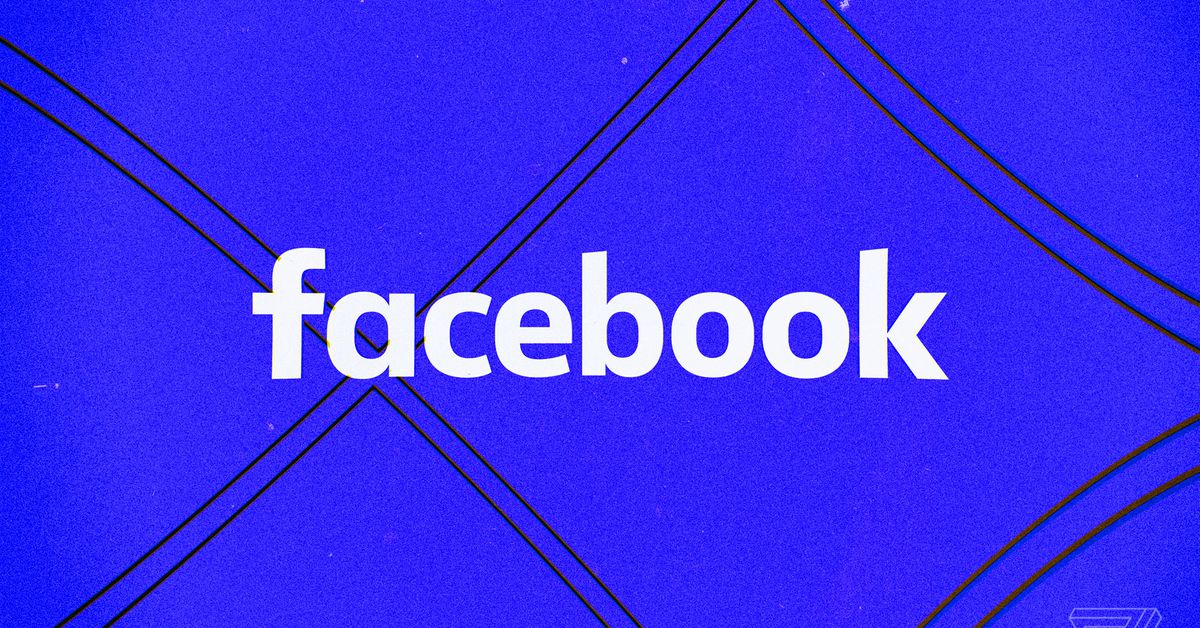
On Monday, I had a chance to talk with Facebook CEO Mark Zuckerberg about the company’s plans to build new audio products over the next few months. The occasion for our interview was the opening of Sidechannel, a Discord server I launched over the weekend with some fellow independent journalists. We didn’t know what to expect when we opened the doors, but more than 2,500 people filed in over the first day, and many of them joined us for a lively conversation about Facebook’s rapidly evolving attitudes toward creators.
If you missed the conversation, you can find the audio here on Soundcloud. (Skip to 1:10 to get past my welcome message to Sidechannel members.) There’s also a very rough automated transcript up on Otter, if you like your conversations moderately corrupted by errors in machine learning.
There are at least three big audio bets that Facebook will lay down in the next three to six months, Zuckerberg said:
- “Soundbites” are a new format for creative, short-form audio that will appear across the company’s suite of products. Think TikTok, but for audio; Soundbites will let you change your sound via filters and other effects.
- Facebook will become a home for long-form audio as well, recommending you shows and episodes based on your interests and allowing you to consume them inside the app. An expanded partnership with Spotify will bring the company’s audio player to Facebook’s app as well, allowing users to listen to both music and podcasts.
- Facebook will add Clubhouse-style live audio rooms, which it expects to be popular with groups. Participants will be able to tip creators with Facebook’s digital currency, Stars.
That’s an unusually detailed roadmap of future products for Facebook — Vox reported on some of it yesterday — and it’s probably best assessed when these features actually ship. In the meantime, though, here are five big things that stood out to me from my conversation with Zuckerberg.
Facebook is betting on small business over big business
The idea of a “pivot to audio” refers to the pivot to video, a mid-2010s phenomenon whereby Facebook paid big publishers to create short-form videos for the News Feed. Within a couple years, Facebook began reducing the distribution of publisher videos in the feed, though, leading to hundreds of layoffs in the media industry. (The company also disclosed that it had accidentally inflated viewership metrics during this period.)
At the same time, video succeeded all over Facebook — it just tended to be user-generated video, which created a context for lucrative video ads to be placed alongside them. Facebook’s pivot to video worked great for Facebook; it was the publishers who suffered.
And the company’s audio investments could follow a similar path. The flashing red light I’d look for: news that Facebook is making upfront payments to CNN, The New York Times, or other usual suspects to create short- or long-form audio for the platform.
But to hear Zuckerberg tell it Monday, the audio play is much more about helping the little guy. Here’s what he said when I asked whether Facebook audio was more likely to benefit individual creators than big publishers:
“A big part of the creative economy is that it’s enabling individuals, and shifting power from some traditional institutions to individuals to exercise their own creativity. And I think that that’s a positive trend in the world. It’s really empowering for a lot of people, and allows a lot of new stuff to get created. I think based on that, your prediction that this is likely to work better maybe for individual creators or small groups — I could see that playing out for sure.”
How to moderate live audio is still an open question
Facebook is getting better at moderating text and video content, particularly in the United States. But as a recent series in The Guardian has illustrated, policy enforcement tends to grow weaker the further removed the content is from Menlo Park.
I asked Zuckerberg how he planned to roll out audio products with good, equitable moderation in place. He told me that the company would be able to take many lessons from what it has learned about monitoring text and video posts for bad behavior.
But he also acknowledged that there is still a debate over the degree to which audio — particularly live audio — ought to be moderated. If I walk by your picnic table in the park and hear you sharing misinformation with your friends, I’m not going to call the police. If the same conversation took place on Facebook audio rooms, should moderators shut it down? Hide it from recommendations? Or leave it alone?
The jury is still out, Zuckerberg said.
“There’s also this question of what you should enforce against. That’s going to be an open debate. If we go back five years, I think a lot more people were more on the free expression side of things. Today, a lot of people still are, but there’s also this rising wave of more people who are basically calling for more stuff to be blocked or limited in some way.
“That set of debates, I think, will be going on forever, in terms of where to find the right line. … I don’t take it for granted that just because you have the ability to do different kinds of enforcement, that you should always do every single thing. I think that a lot of the time, you want to be on the side of free expression and allowing people to have more conversations.”
Facebook thinks creators should have more ownership over their audiences
When I wrote about Facebook’s interest in newsletters last month, I noted that an open question was whether writers would be able to keep their email lists if they decided to leave the platform. On Monday, Zuckerberg confirmed that they will be able to.
“I think one of the powerful things that Substack has done is making it so that … if someone signs up with them, [and] decides to pick up and go to another place, your subscriber list is yours. And I think that that is a really powerful part of the creator economy, too.”
He continued: “When we talk about giving favorable terms [to creators], it’s actually not just the economics. I think it’s also the portability, so that the creators know that if they start building up a business here, that they’re not just gonna be locked in, and will be able to take it to different places.”
This is a pretty big deal! You can’t export your Facebook page subscribers or your Instagram followers. Nor can you easily transfer your subscribers on TikTok or YouTube. If Facebook leans into the notion that creators ought to own the relationship with their subscribers, it could represent the start of a healthy shift in mindset among platforms.
Substack’s margin is Facebook’s opportunity
One reason some people are bearish on Substack is that the company takes 10 percent of writers’ revenue, which is higher than what it would cost writers to build their own sites on WordPress or elsewhere. (See my ethics disclosure about Substack.) For many and even most writers on the platform, that 10 percent might not hurt too much, even when combined with payment processing fees, which are usually around 3 percent. But once you’re making over $100,000 on the platform, the fees could start to sting.
Zuckerberg wouldn’t tell me what, if anything, Facebook plans to charge newsletter writers for using the platform. But it sounds like it’s going to be a lot less than 10 percent:
“The biggest part of our business is not going to be taking a small cut of things from creator tools. So that does give us the opportunity to build tools at potentially more favorable terms, and have more of the economics go to creators.
“If you think about what our interests are in the space, we want this kind of creativity to thrive. We want that content to be out and to be created. We think that that helps foster social connections, helps build community, helps give people things to talk about and share. And that’s that’s ultimately the bread and butter of what we do.”
There’s a shift in power from institutions to individuals
Zuckerberg argues that some of the negative attitudes about Facebook are explained by the same forces propelling the success of creators. It’s a story that to date has been told most forcefully by people on the losing side of that equation, he told me:
“I think if you look at the grand arc here, what’s really happening is individuals are getting more power and more opportunity. To create the lives and the jobs that they want, to connect with the people they want to connect with, the ideas that they want, to share the ideas that they want.
“And I just think that that will lead to a better world. It will be different from the world that we had before — I think it will be more diverse. I think more different ideas and models will be able to exist. And I think it inevitably means that some of the people who had control over that world in the past will lose [control].
“I can see why those folks will lament the direction that it’s going in. But my concern is that we’re too frequently telling the negative sides of it, from the perspective of the institutions that may not be on the winning side of these changes. I think the people who are on the winning side of these changes are individuals.
“I’ve learned over the last several years not to be too Pollyanna-ish about this. There are real issues that need to be dealt with. But my own sense is that the narrative is a little too biased, or maybe a lot too biased towards telling the negative side of the issues, rather than all the value and opportunity that is being created. And that’s what I care about.”
Lots to think about here, for me and for all of us.
This column was co-published with Platformer, a daily newsletter about Big Tech and democracy.
